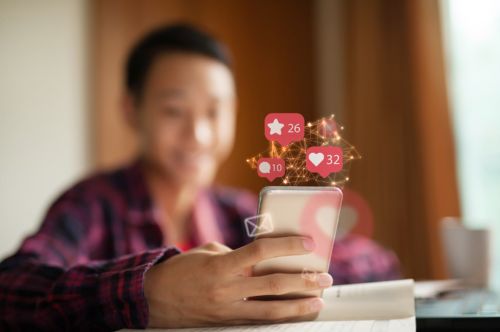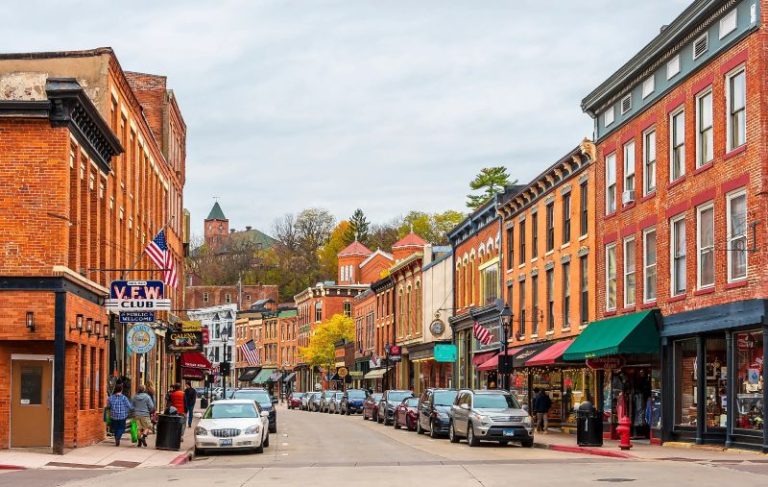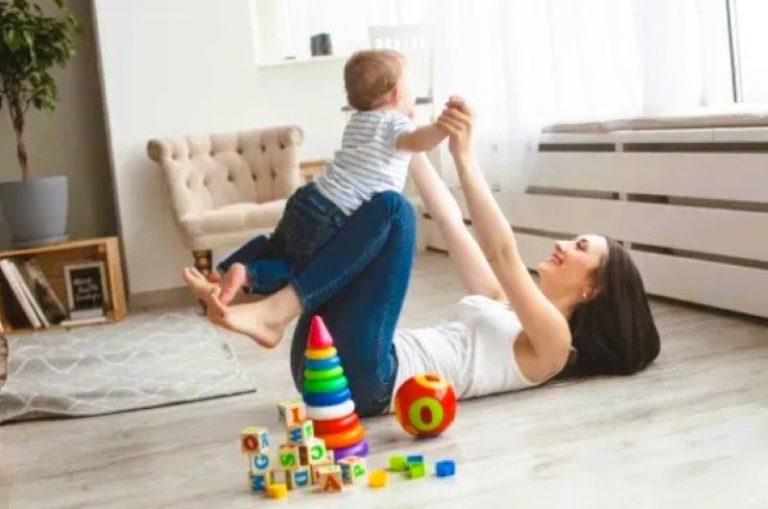

It’s ironic that in a time when we’re more “connected” than ever, more people are reporting feelings of isolation and loneliness. Social media was originally designed to help us stay in touch and share our lives, but it has increasingly been linked to declining mental health and rising feelings of loneliness, as found in studies on the associations between social media use and loneliness. But why is this happening, and what can we do to reclaim genuine connection?
Social Media’s Role in Loneliness
On the surface, social media offers endless opportunities for interaction. You can like, share, comment, and message people across the world in seconds. Yet, these interactions often lack the depth that real-life relationships require to thrive.
Many users find themselves scrolling through perfectly curated photos and status updates, leading them to constantly compare themselves to others. Seeing friends and strangers alike portraying seemingly happy, busy lives can evoke feelings of inadequacy, exclusion, or loneliness. You may start to wonder, “Why isn’t my life like that?” even if you were perfectly content moments before logging in.
Passive vs. Active Use
Research shows that passive use of social media (that is, simply scrolling without interacting) can significantly increase feelings of loneliness and envy. On the other hand, active use (messaging a friend, sharing meaningful content, commenting) can improve engagement and bonding. Still, even active use is no substitute for real-life connection, and when it replaces face-to-face interaction, it may do more harm than good.
Highlight Reels Aren’t Real Life
One of the reasons social media contributes to loneliness is that it presents a distorted view of reality. People tend to share their best moments, not their everyday struggles. As a result, it’s easy to believe that everyone else is happier, more successful, and more socially fulfilled than you, even if that’s not the case.
This illusion of constant joy makes users feel isolated in their own struggles, reinforcing loneliness and making them less likely to reach out for support.
How Social Media Affects Mental Health
Loneliness is closely tied to mental health, and social media shapes both. Numerous studies have linked excessive social media use to:
- Increased risk of depression and anxiety
- Poor sleep quality
- Lower self-esteem
- Higher levels of perceived social isolation
What makes it more troubling is that social media platforms are designed to keep us engaged, often using algorithms that reward emotionally charged content. This can lead users into an addictive cycle of checking for likes, refreshing feeds, and consuming an overwhelming amount of information that often doesn’t contribute to real happiness or fulfillment.
Strategies to Combat Social Media-Induced Loneliness
You don’t have to avoid social media altogether to feel better. If you are mindful of how and when you use it, you can create healthier habits that protect your mental health. Here are some strategies that can help:
1. Audit Your Feed
Take a few minutes to review who you follow. Are their posts making you feel inspired and connected, or jealous and inadequate? Unfollow or mute accounts that consistently make you feel worse. Fill your feed with uplifting, honest, or educational content that adds value to your day.
2. Set Time Limits
Apps like Instagram, TikTok, and YouTube are built for endless scrolling. Setting time limits, even just 30 minutes per day, can help you break the cycle. Use that extra time to call a friend, go for a walk, or read something uplifting.
3. Prioritize Real-Life Interactions
Nothing replaces human connection. Make plans to see friends, grab coffee, or even just take a walk with someone in your neighborhood. Face-to-face interactions build emotional intimacy and reduce feelings of isolation far more than likes and comments ever could.
4. Live With Others
One of the most underrated ways to combat loneliness is by living with roommates. Having someone to talk to at the end of the day, even if it’s just about what to watch on Netflix, can make a world of difference.
If you’re looking for a way to find like-minded people in your area, sites like spareroom.com offer a practical way to find roommates in Phoenix, Boston, NYC, or anywhere else in the US, helping you create opportunities for everyday connection and companionship.
5. Take Social Media Breaks
You don’t have to delete your accounts, but taking regular breaks from social media can help reset your perspective. Try logging off for a weekend, or designate certain hours of the day as “social media-free.” Use that time to focus on hobbies, journaling, or spending time in nature.
6. Be Intentional With Sharing
Instead of posting for likes or validation, share something meaningful: a thought, a story, or something you genuinely care about. This encourages more authentic interaction and can help you feel more connected to others.
7. Talk About It
If social media is making you feel more alone, say something. Whether it’s to a friend, a roommate, or a therapist, speaking openly about these feelings can help dismantle the shame that often surrounds loneliness. You’re not alone in feeling this way; many others are struggling too.
Rethinking Connection in a Digital Age
It’s clear that social media isn’t inherently good or bad; it all comes down to how we use it. While it offers the illusion of connection, it can easily replace real-life interactions with hollow ones if we’re not careful. If we become more aware of our habits and make small, intentional changes, then we can use social media in a way that supports, rather than sabotages, our mental health.
At the end of the day, connection is a basic human need. Whether that comes from sharing a meal with roommates, catching up with a friend in person, or simply reducing your screen time, what matters most is how you feel when the screen goes dark.
Final Thoughts
Social media has revolutionized how we communicate, but it also presents real challenges to mental well-being. If you’ve been feeling lonely despite being constantly “connected,” you’re not alone, and there are ways to change that. By curating your digital life with intention, prioritizing in-person connections, and considering lifestyle changes, you can take meaningful steps toward feeling more fulfilled and less isolated.
True connection starts when we log off and look up.
References
- Bonsaksen T, Ruffolo M, Price D, Leung J, Thygesen H, Lamph G, Kabelenga I, Geirdal AØ. Associations between social media use and loneliness in a cross-national population: do motives for social media use matter? Health Psychol Behav Med. 2023 Jan 1;11(1):2158089. doi: 10.1080/21642850.2022.2158089. PMID: 36618890; PMCID: PMC9817115.
- Sharifian N, Zaheed AB, Zahodne LB. The Role of Envy in Linking Active and Passive Social Media use to Memory Functioning. Psychol Pop Media Cult. 2022 Jan;11(1):80-89. doi: 10.1037/ppm0000318. Epub 2021 Mar 11. PMID: 35402066; PMCID: PMC8993128.
- Zubair U, Khan MK, Albashari M. Link between excessive social media use and psychiatric disorders. Ann Med Surg (Lond). 2023 Mar 27;85(4):875-878. doi: 10.1097/MS9.0000000000000112. PMID: 37113864; PMCID: PMC10129173.


